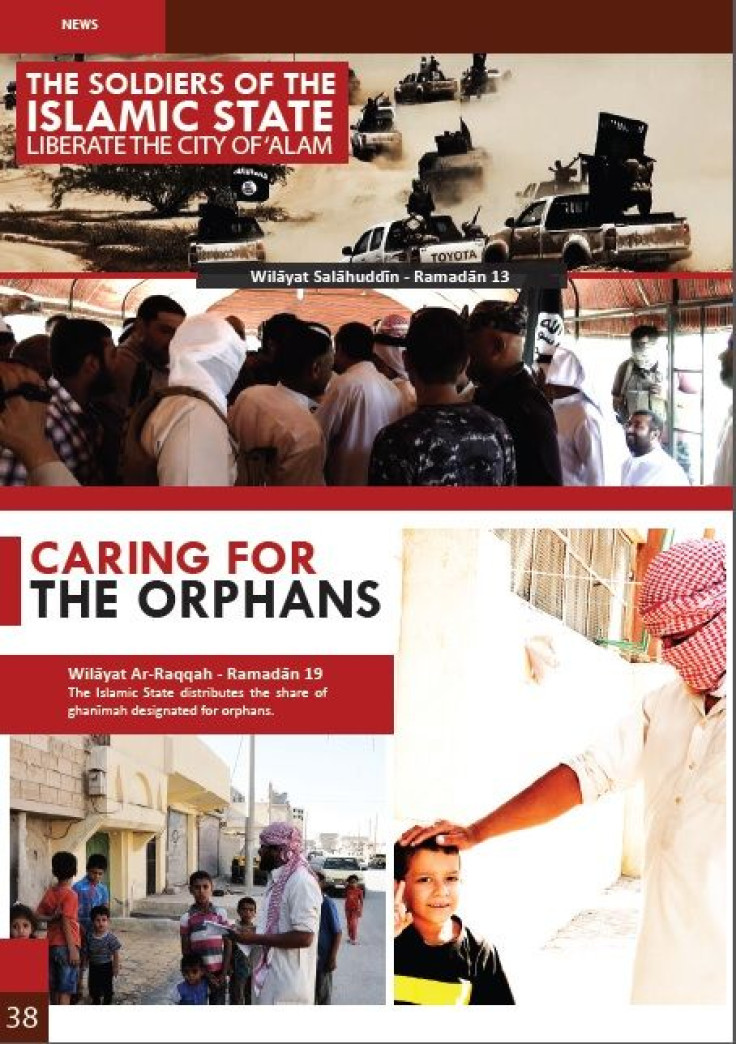Final ISIS Email To Foley's Parents: Intel Experts See Warning - And Recruitment Effort

The email sent to Global Post from ISIS explaining why the militants were killing reporter James Foley isn’t just a warning to U.S. leaders, it’s a statement of intent and a smart piece of PR, say foreign policy and national security affairs experts. “It’s not an entirely primitive document,” said Abraham Sofaer, the George P. Shultz Senior Fellow in Foreign Policy and National Security Affairs at the Hoover Institute, Stanford University. “I would say it’s far more PR orientated than the public statements that are coming from the field about indiscriminate killing and no mercy. The letter shows they are willing to talk and negotiate, but it also shows that they feel the moral need to justify their actions.”
The email, which implied Foley was to be imminently executed, was sent to GlobalPost one week before the video of his beheading was released on Tuesday. The group calls itself the Islamic State; it's also known as the Islamic State of Iraq and Syria (ISIS) and the Islamic State of Syria and the Levant (ISIL). The letter is littered with spelling mistakes and, according to Sofaer, clues that will intrigue intelligence experts.
Sofaer noted a line that says, “You do not spare our weak, elderly, women or children so we will NOT spare yours!” Sofaer reads it as expressing protectiveness of people in the newly created Islamic State and said it also “resonates with Muslims all around the world that are feeling ostracized, displaced, angry and suppressed by their Western surroundings.” That line is “a great piece of recruitment PR,” he said.
Not all analysts agreed. ISIS is just “trying to appeal to our humanitarian side” as “a diplomatic tactic,” said Ariel Cohen, principal of International Market Analysis, Ltd and director at the Institute for the Analysis of Global Security. “Overall, this is a warning for terror attacks in the United States, taking up from where Osama Bin Laden left off,” he said. “But there’s also an element of mocking there too because they ask for face-to-face confrontation when they know the U.S. will not and cannot do that right now. It’s a cheap shot.”
© Copyright IBTimes 2024. All rights reserved.












